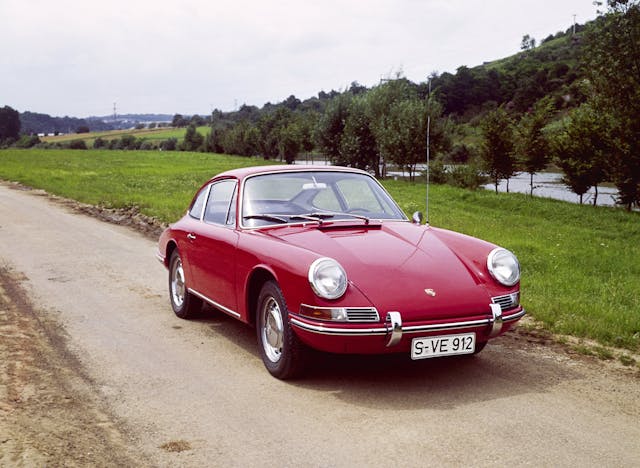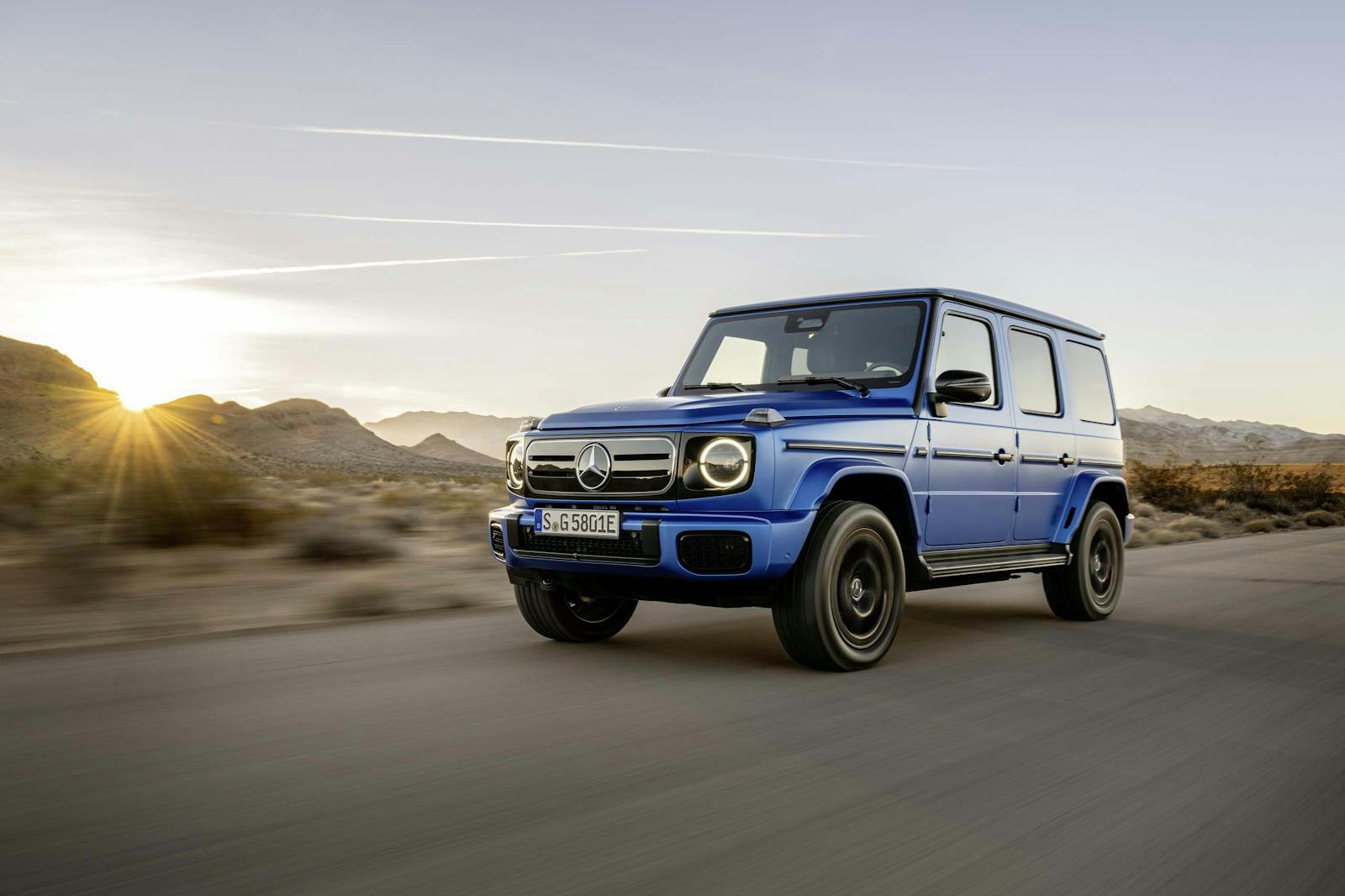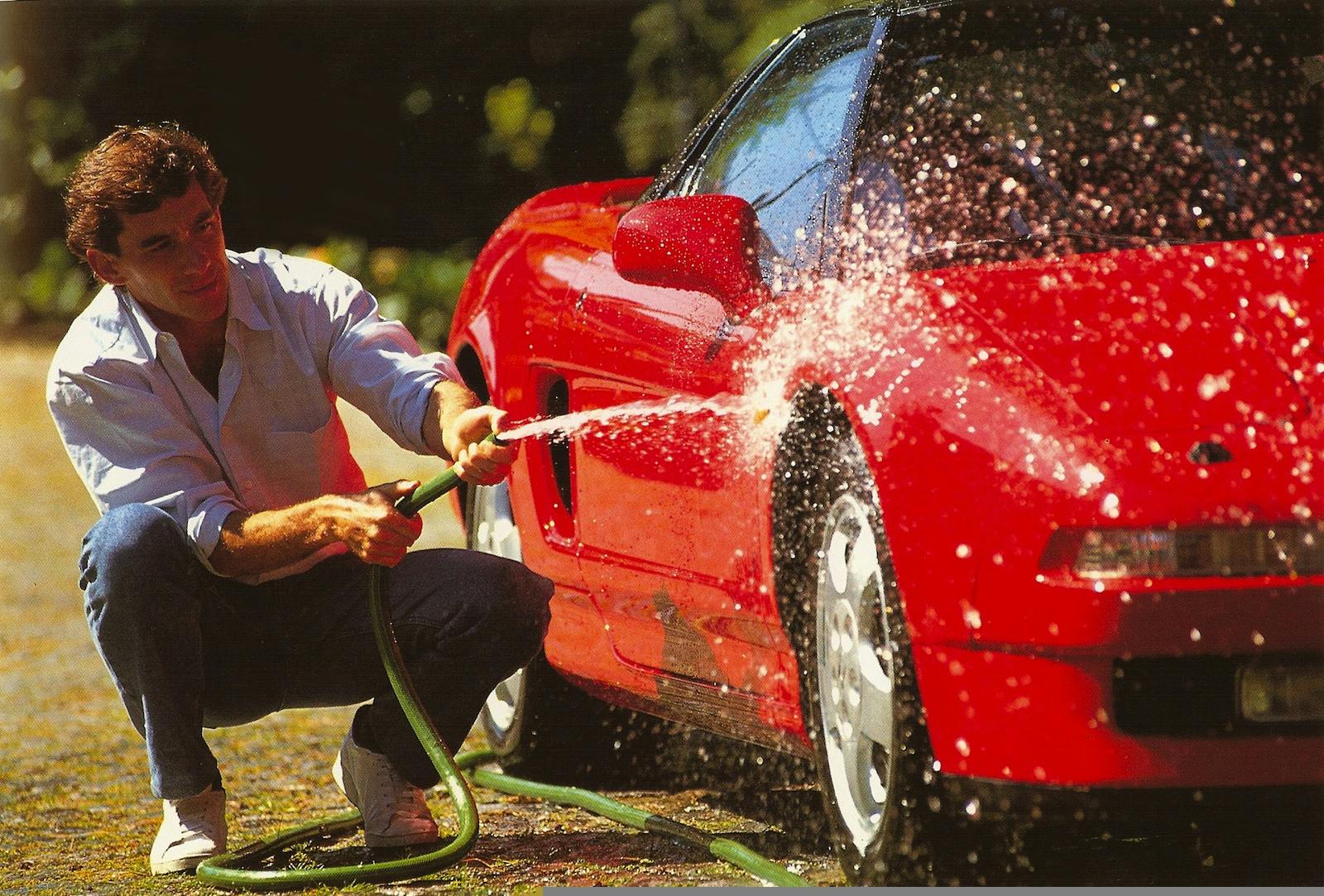Porsche begins investing in synthetic fuels to keep classics on the road
Let’s leave 2020 behind for a moment and travel to 2040. Government regulations have escorted the internal combustion engine off of the global stage, every car sold new is powered by either electricity or hydrogen, and you’re still holding on to the stunning 912 your grandfather purchased in 1967. As it stands, taking it for a spin without replacing the flat-four with an electric motor will be difficult. Porsche has a promising alternative solution: Synthetic fuels.
“We believe that synthetic fuels produced with 100 percent renewable energy have the potential to be an important element [in the future]. For this reason, we are conducting research and development activities,” Porsche CEO Oliver Blume told Hagerty. “Seventy percent of the cars we have ever built are still on the road, and for many years to come there will be cars powered by combustion engines,” he added.
Although the project is at the embryonic stage, Blume sketched the outline of a fuel made by producing hydrogen, capturing carbon from the air, and combining these two elements to end up with methanol, which is then transformed into a substitute for gasoline. Keeping greenhouse emissions in check will require making synthetic fuel using wind and solar energy, so the factories would primarily be located in regions that are windy and sunny year-round—hello, Palm Springs.

Synthetic fuel offers a major advantage over, say, pure hydrogen: It doesn’t need to be cooled or pressurized during transport. Porsche could, in theory, simply pour several thousand gallons of its fuel in a tanker trailer and send the truck on its way. And, dispensing it wouldn’t require creating an infrastructure from scratch, because motorists would be able to buy it from existing gas stations.
If it’s so straightforward, why doesn’t your local Chevron station offer Porsche-branded pseudo-gasoline yet? “The only problem we still have is price, which is still higher than 10 dollars per liter,” Blume explained. For non-metric minds, a liter represents roughly a quarter of a gallon, so that’s about $37 per gallon. His team is working on bringing costs down to below $2 per liter.
In the meantime, development work is ongoing, and early test results are promising.
“We already have a pilot [program] running historic 911s, from the 993 series, with very good results. We’re also looking for partners. They’ll take care of the technology, and at the end they’ll produce the fuel. Our task will be to find the right specifications so that these fuels will be able to run in our combustion engines,” Blume said.
Keeping classics running is one of the many use cases he has in mind. He floated the possibility of using synthetic fuel to power race cars, partly because price isn’t as big of a factor on the track. And, looking ahead, every car Porsche builds could leave the factory with a full tank of synthetic fuel.
Porsche remains committed to electrifying its lineup, it predicts that at least 50 percent of the cars it sells globally will be electrified (either hybrid or electric) by 2025, and Blume stressed a breakthrough in synthetic fuel technology won’t change its plans. “What is important to state is that synthetic fuels will not substitute electromobility; They’re good and meaningful supplements,” he clarified.

If everything goes according to plan, Porsche’s home-brewed fuel could be ready to get pulverized in your car’s cylinders well before the current-generation 911 is eligible to wear classic plates.
“I think we need some years to drop the price, and a very realistic prognosis is that our synthetic fuel could be available to the public in about 10 years. There is still a long way to go, but you have to start to do this, to reinvent yourself, to invest, and to improve the technology. I think there will be a big potential,” Blume concluded. In other words: Don’t yank out your 912’s flat-four just yet.


